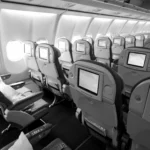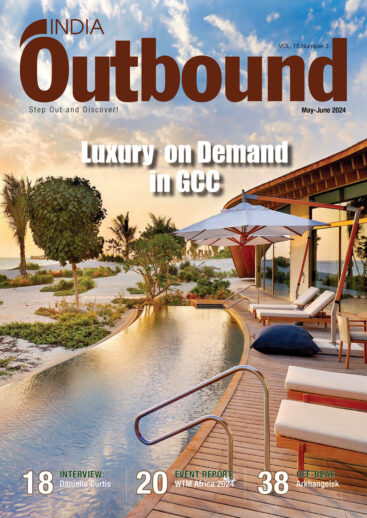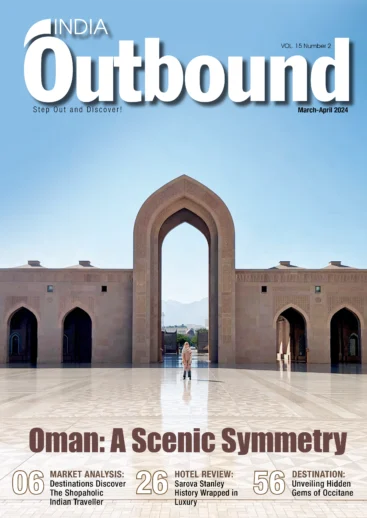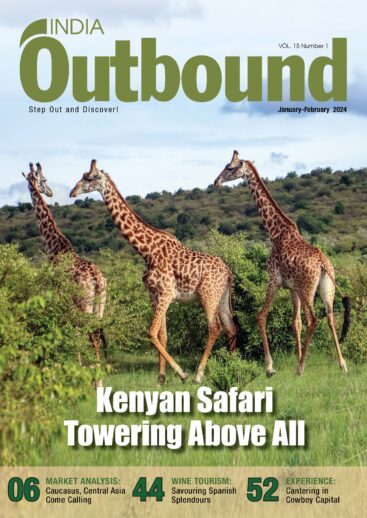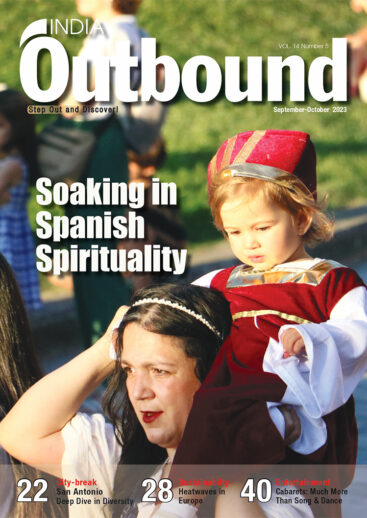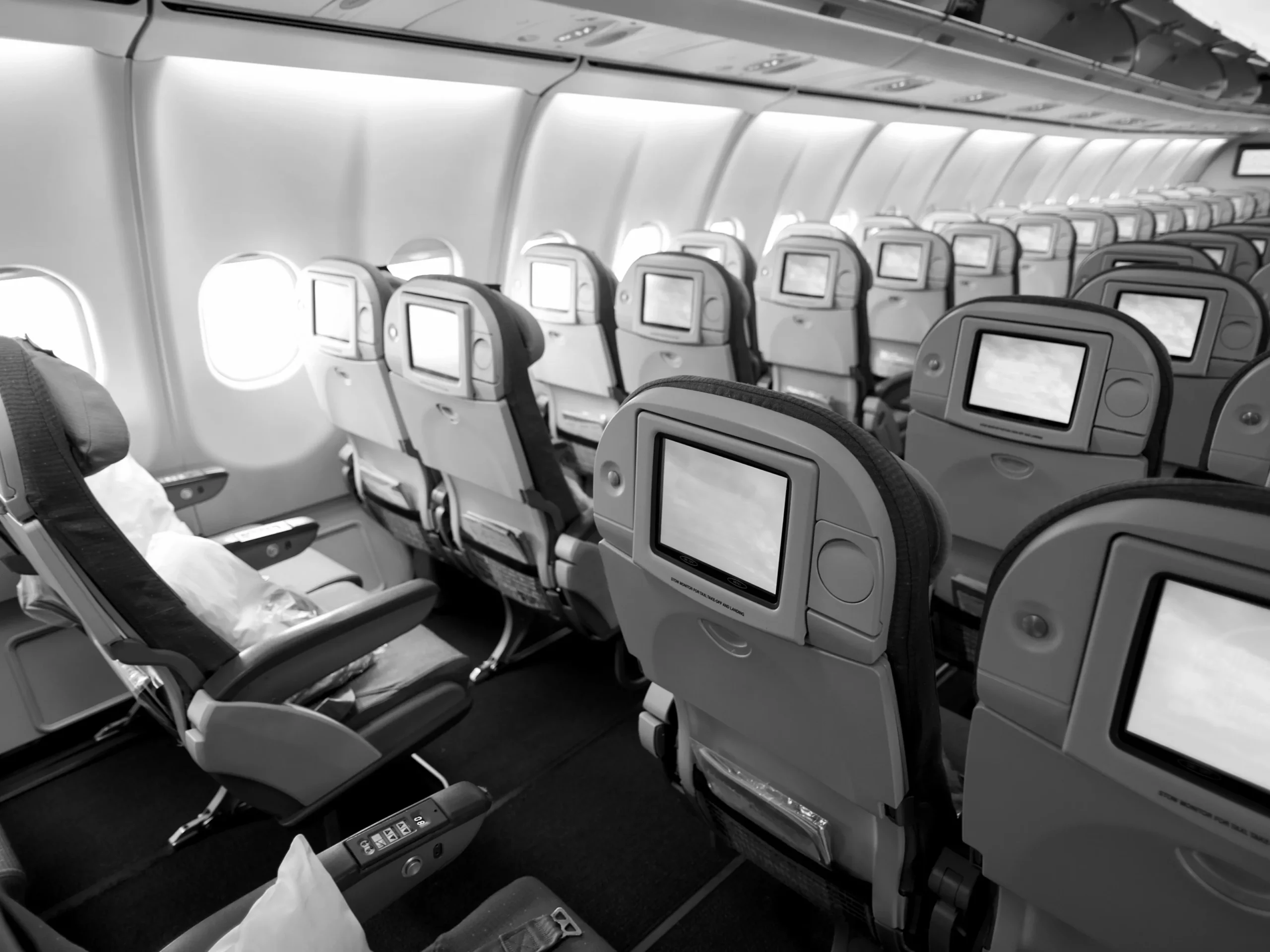
The government has also flagged its concern to all airlines for allegedly also denying boarding to customers even with a confirmed ticket and delaying refunds
The Union Consumer Affairs Ministry of India has criticised airlines and several online travel aggregators on grounds of engaging in unfair trade practices. News reports quote the government as saying that labelling every seat of flights as ‘paid’ despite their ‘misleading claim’ of offering ‘free mandatory web check-in’ is wrong, says the Centre in a press statement.
The government has also flagged its concern to all airlines for allegedly also denying boarding to customers even with a confirmed ticket and delaying refunds.
The reports cite Consumer Affairs Secretary Rohit Kumar Singh as saying that such “deceptive and manipulative conduct by using dark patterns in online interfaces unfairly” exploits consumers’ interest and is classified as unfair trade practice under the Consumer Protection Act.
As per Directorate General of Civil Aviation (DGCA) regulations laid down in 2013, airlines were authorised to levy charges on just 25 pc of seats during web check-in. In 2015, however, these regulations were relaxed to permit airlines to impose additional fees for all seats selected during the web check-in process. This was done to promote affordability in air travel by offering competitive ticket prices to passengers indifferent to their seat allocation.
Singh has reportedly pointed out that airlines have been structuring their website interfaces in order to undermine consumer autonomy to opt features suited best for them, and manipulate their decision-making, and termed such tactics as ‘dark pattern’.
In their defence, airlines justify its seat selection pricing as part of the low-cost carrier model. It says that such a structure emphasises “unbundling” to offer lower base fares and charge separately for added amenities. If a passenger does not opt for a paid seat, one of the free seats is assigned.
India’s flag carrier Air India has said it follows global practices in determining seat charges, primarily considering seat type, space, position within the cabin and passenger preferences. On average, 45-55 pc of seats are offered free of charge based on availability, with all seats that are not taken becoming free four hours prior to departure and at the airport.
While flyers have repeatedly complained about such practices, the government accuses the airlines of failing to address the complaints comprehensively. It says that a high level of grievances signal that consumer complaints are not addressed comprehensively.
Indian carrier SpiceJet highlights that both low-cost and full-service airlines engage in the widespread practice of differential seat pricing in the global aviation sector. Customers’ level of comfort with particular seats is the main factor driving this pricing strategy, it says.








